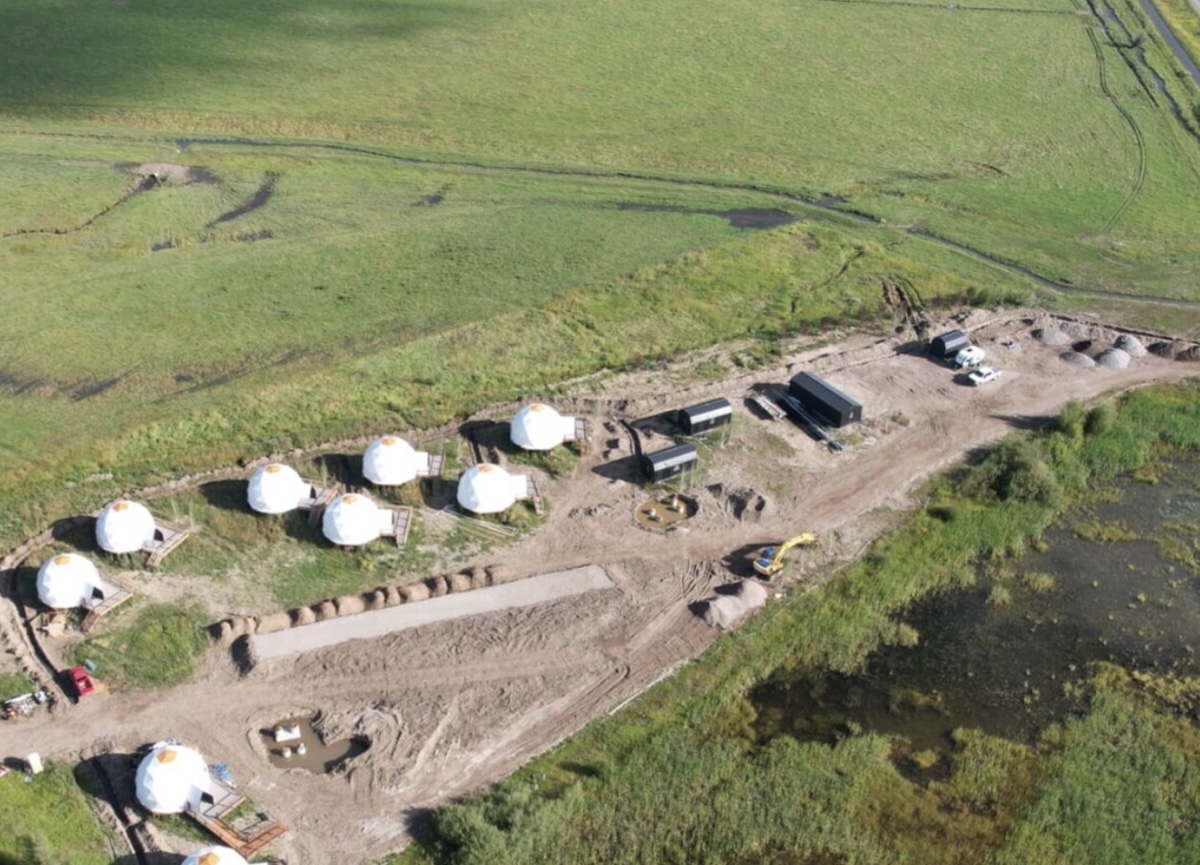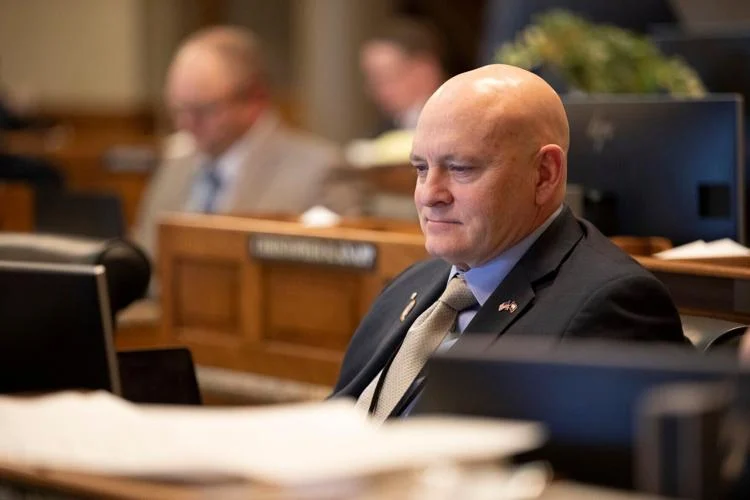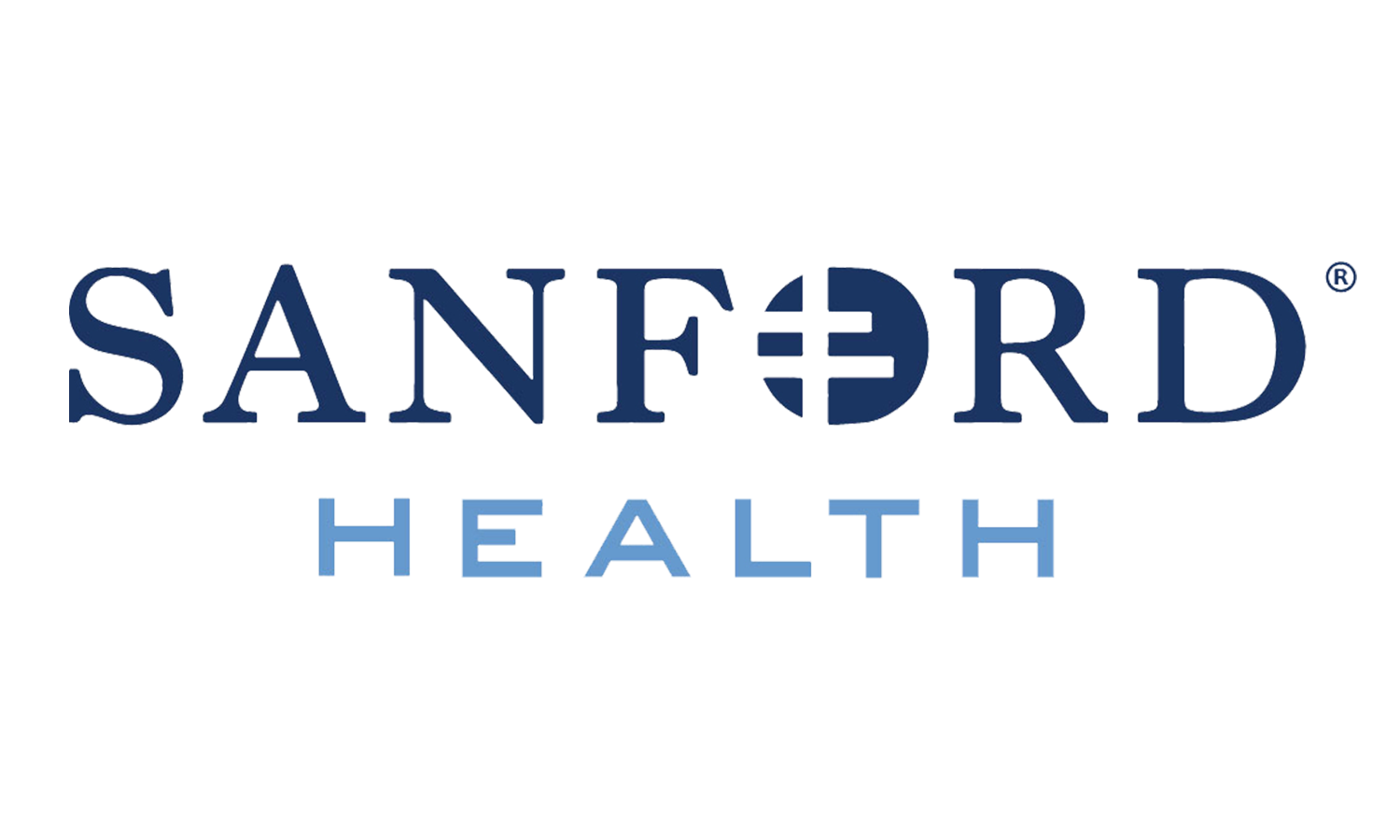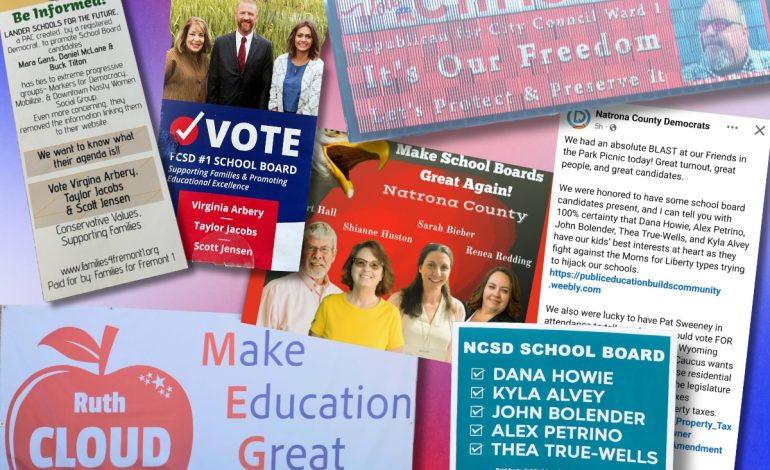Wyoming’s local elections, traditionally nonpartisan, are increasingly impacted by partisan activism as candidates and political action committees bring national political issues into local races, Wyo File reports.
In the past, school board and city council elections focused largely on community issues. However, recent trends reveal a shift, with political endorsements and campaign rhetoric aligned along party lines, mirroring the national political divide.
This trend began gaining traction in 2022, especially visible in northwest Wyoming’s Park County, where conservative activist Bob Berry led a slate of candidates for the school board. Berry, co-owner of a Cody bed-and-breakfast, criticized Park County School District 6’s finances and academic performance, despite some exaggerated claims. Conservative groups also offered voting guides promoting certain candidates for both partisan offices like the Legislature and traditionally nonpartisan roles, including hospital and conservation district boards.
In Laramie County, the local Republican Party endorsed school board candidates, sparking debate about the role of partisan endorsements in nonpartisan races. At a November 2022 Natrona County school board meeting, newly elected board member Mary Schmidt faced criticism for her conservative stance, supported by the Moms for Liberty group, which advocates for parental rights and policies opposing “woke” agendas in schools. This moment illustrated how national topics, such as library book controversies and critical race theory, are trickling down to Wyoming communities.
Some Wyoming residents, including outgoing Campbell County School Board Chair Anne Ochs, worry that prioritizing political agendas diverts focus from core educational concerns. Conversely, others argue that Wyoming parents want to address these national issues locally to protect community values. Fremont County school board member Scott Jensen supports this perspective, asserting that “parents must trust our schools,” and that discussing national issues can reinforce that trust.
The politicization of local offices has altered Wyoming’s election landscape. In cities like Casper, Gillette, and Lander, candidates for ostensibly neutral positions openly identify as conservative or liberal. In Lander, two rival slates formed for the school board race, with one side emphasizing “conservative values” and the other promoting a “reasonable and responsible” approach. This division illustrates the mounting polarization over social and educational issues.
The pattern of partisanship is not limited to school boards. Campbell County City Council candidate Chris Smith openly labels himself as a “Republican,” arguing that such transparency aligns with voters’ needs to understand candidates’ values. Smith reflects a growing sentiment in Wyoming: even for nonpartisan roles, many believe voters want to know where candidates stand ideologically.
Yet, some residents express concern that partisanship may inhibit collaboration on local government bodies. Joe Mireles, a Natrona County school parent, feels the political climate detracts from addressing real educational challenges, while others worry it compromises the board’s effectiveness. The Wyoming School Boards Association, through Executive Director Brian Farmer, underscores that strong governance relies on balancing various perspectives—a balance increasingly challenged by the influx of partisan rhetoric.
Not all Wyoming communities are embracing partisan dynamics in local elections. In Sheridan, local leaders report positive collaboration among council members on critical issues, such as housing. School board candidates there have concentrated on student-centered policies rather than ideological disputes, indicating that not every area has felt the same partisan pull.
While partisan support may help candidates connect with like-minded voters, some Wyomingites hope to refocus on community-centric goals, striving for a more united approach to governance that ultimately benefits students and residents alike.









